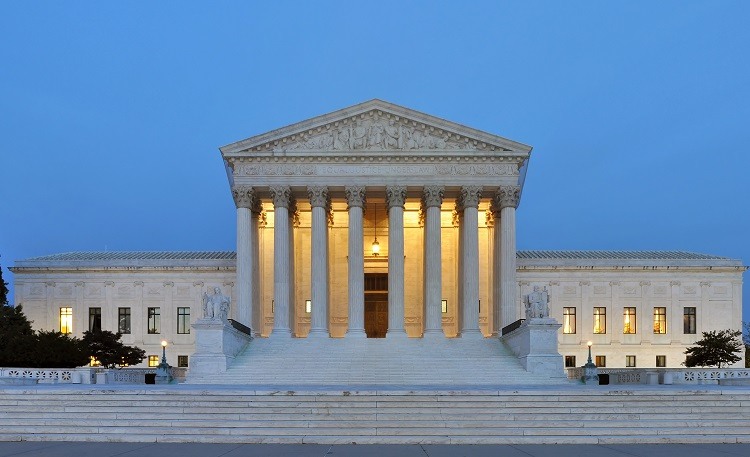Supreme Court’s Trinity Lutheran Decision A Win For School Choice

Today the United States Supreme Court delivered a victory for school choice in ruling that the government cannot deny a neutral benefit to an organization simply because they are religious.
Missouri provides funding for nonprofits to resurface playgrounds, which Trinity Lutheran qualified for. However, the state rejected their participation in the program on the grounds that it ran in conflict with their state Constitution, which has language preventing religious organizations from receiving state funding.
In a 7-2 decision, the Court ruled that was unconstitutional.
“The exclusion of Trinity Lutheran from a public benefit for which it is otherwise qualified, solely because it is a church, is odious to our Constitution all the same, and cannot stand,” Chief Justice John Roberts wrote in the high court’s opinion.
Missouri, like many other states, has what is known as a “Blaine Amendment.” In the 19th century, at the peak of anti-Catholic fervor, numerous states adopted laws prohibiting the use of state funds at ‘sectarian schools.’
As the Catholic Church, and Catholic schools, began to grow, there was a threat to the nondenominational Protestant teachings that were securely entrenched in America’s public schools at the time. Supporters of the Constitutional amendment wanted to keep it that way.
Unfortunately, these laws remain on the books in many states and have been used to block education choice opportunities for children around the country. The Court did not use the opportunity to review the constitutionality of Missouri’s Blaine Amendment, but it was another important step in the right direction.
